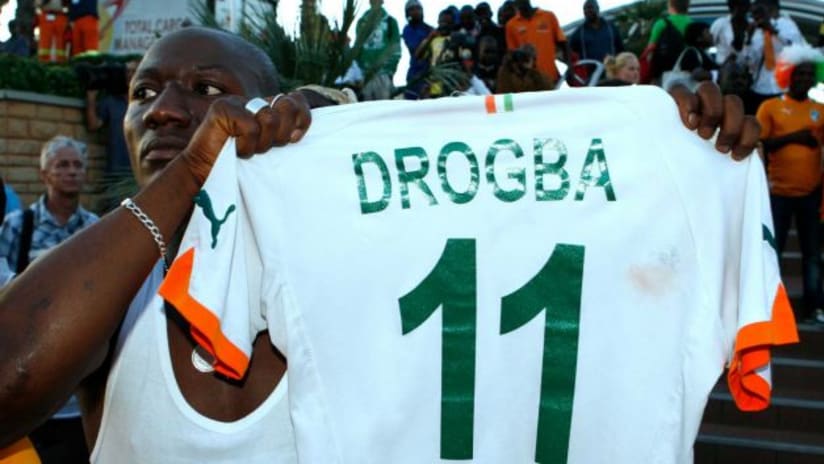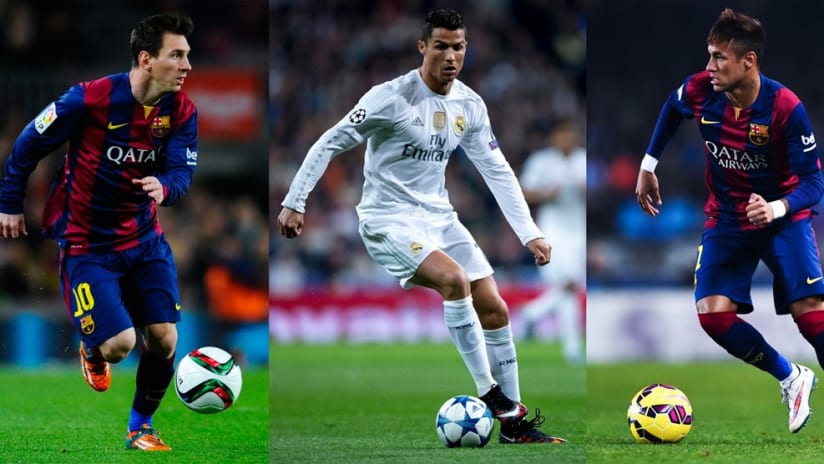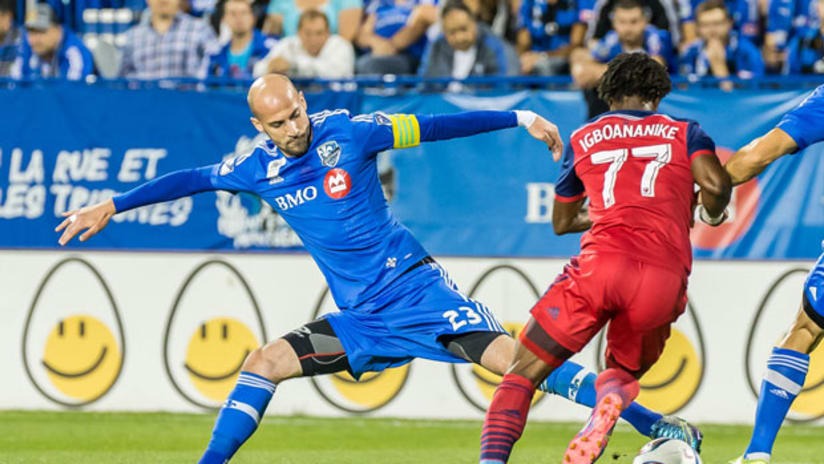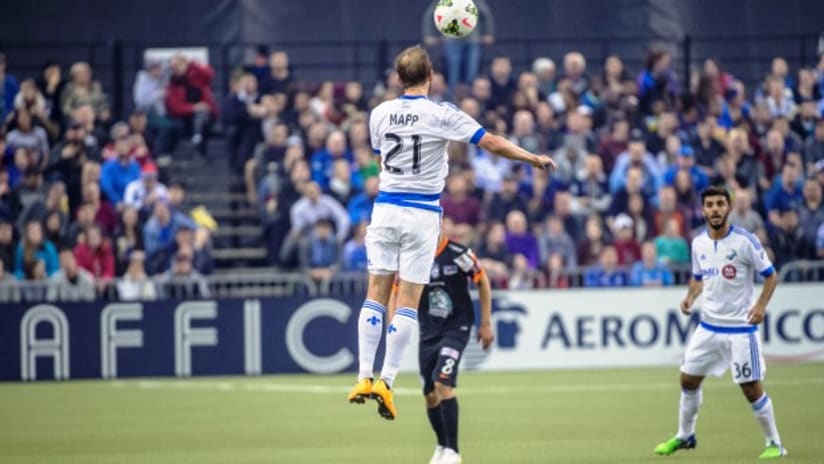MONTREAL – The scene is last Friday afternoon, in the Côte-des-Neiges neighborhood of Montreal, at a restaurant called L’Abidjanaise – Abidjan is the economic capital of Ivory Coast, “L’Abidjanaise” (literally, “The Abidjan Song”) its national anthem.
On the back wall, a sign offers a warm welcome in one of the local dialects. Three posters pay tribute to Les Éléphants, the national team of Ivory Coast. The setting just asks for a viewing party. Didier Drogba, the country’s leading goal scorer, is making his debut the following night for the Montreal Impact.
“Tomorrow night? We’re closed,” says Cécile, the affable owner of the restaurant.
Oh.
“We’re going to the stadium.”
Ah!
Braised chicken Ivory Coast-style, riz gras, garba and choukouya are some of the (delicious, if somewhat spicy) flavors of the day at L’Abidjanaise. But Drogba, as the Ivorian community’s enthusiasm shows, is the flavor of the next 18 months, the length of his contract with the Impact.
Sitting at a table opposite the cash register, Pascale is a young Ivorian lady beaming with pride. She jokes that Montreal is about to feel “a wave of Ivorians” taking over. She’s looking forward to the game, although none of her friends has agreed to go with her yet.
“I’m proud that he’s here,” she says of Drogba. “Us Ivorians, even if we don’t feel like having a chat when we bump into each other, we stop and talk about Drogba. I’m really happy. I watched his arrival at the airport on the television – well, I was peeking at the screen every single minute!”
In front of her sits Adjanatou, a friend from neighboring Burkina Faso. She’s not going to Stade Saputo with Pascale. She doesn’t watch soccer, and she’s messing around with Pascale, arguing that she, too, doesn’t care much about the game.
“What interests me is watching the Ivorians’ reaction,” Adjanatou says. “Pascale, she was making my ears bleed with Drogba. ‘He’s here, he’s here!’ If he plays well, if he scores, maybe I’ll go to the stadium with her.”
But Adjanatou understands the hype, conceding that people in both Burkina Faso and Ivory Coast will soon look over at what’s happening in Canada with Drogba’s team. Those who have emigated here, for their part, get to call home and tell their family about seeing Drogba in the flesh.
Cécile sticks more signs up on the wall near the entrance. One of these features Hassoun Camara, who has Senegalese roots, and Ghana-born Dominic Oduro, each side of Drogba. It reads ‘He is Bleu-Blanc-Noir. We are together.’
“With Drogba there, tomorrow, the Ivorians have passed the word around that we’re going to the stadium,” Cécile says. “We got good deals for the African community. We’re all going to be there. With the shirt of Ivory Coast.”
It’ll be Cécile’s first time at Stade Saputo. It’ll be Pascale’s too – if she finds a partner.
“He’s the star,” Pascale says. “No one doesn’t know who he is, even the smallest children. When you meet someone you don’t know, when you tell them that you’re from Drogba’s country… They start chatting with you.”
Follow @olitremblay




